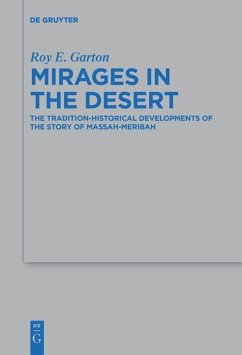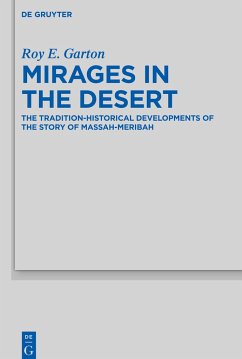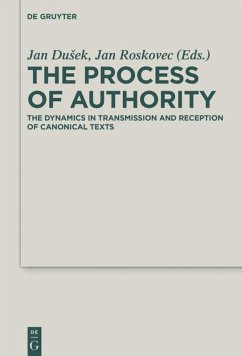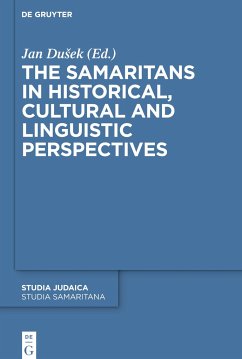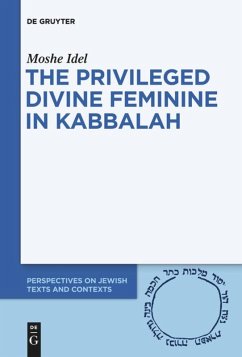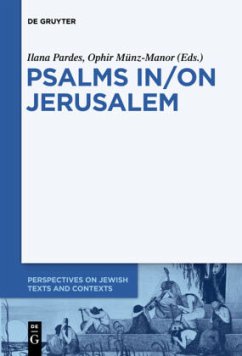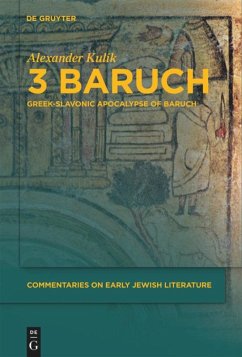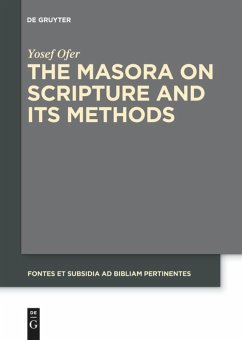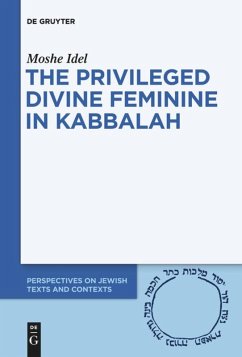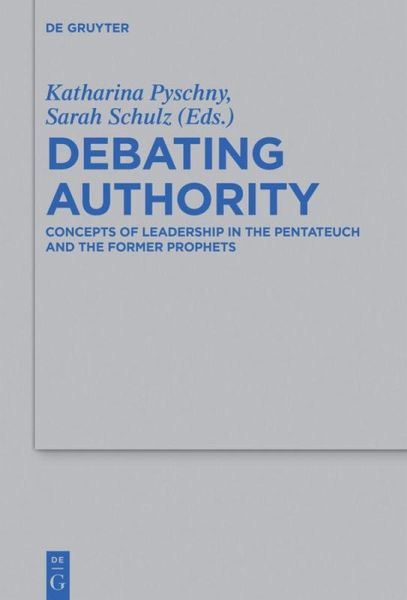
Debating Authority
Concepts of Leadership in the Pentateuch and the Former Prophets
Herausgegeben: Pyschny, Katharina; Schulz, Sarah
Versandkostenfrei!
Versandfertig in 6-10 Tagen
164,95 €
inkl. MwSt.

PAYBACK Punkte
0 °P sammeln!
Human leadership is a multifaceted topic in the Hebrew Bible. This holds true not only for the final form of the texts, but also for their literary history. A large range of distributions emerges from the successive sharpening or modification of different aspects of leadership. While some of them are combined to a complex figuration of leadership, others remain reserved for certain individuals. Furthermore, it can be considered a consensus within the scholarly debate, that concepts of leadership have a certain connection to the history of ancient Israel which is, though, hard to ascertain. Up ...
Human leadership is a multifaceted topic in the Hebrew Bible. This holds true not only for the final form of the texts, but also for their literary history. A large range of distributions emerges from the successive sharpening or modification of different aspects of leadership. While some of them are combined to a complex figuration of leadership, others remain reserved for certain individuals. Furthermore, it can be considered a consensus within the scholarly debate, that concepts of leadership have a certain connection to the history of ancient Israel which is, though, hard to ascertain. Up to now, all these aspects of (human) leadership have been treated in a rather isolated manner. Against this background,the volume focuses on the different concepts of leadership in the Pentateuch and the Former Prophets. Concepts like "priest", "prophet", "judge", and "king" are examined in a literary, (religious-/tradition-) historical and theological perspective. Hence, the volume contributes to biblical theology and sheds new light on the redaction/reception history of the Pentateuch and the Former Prophets. Not least, it provides valuable insights into the history of religious and/or political "authorities" in Israel and Early Judaism(s).





